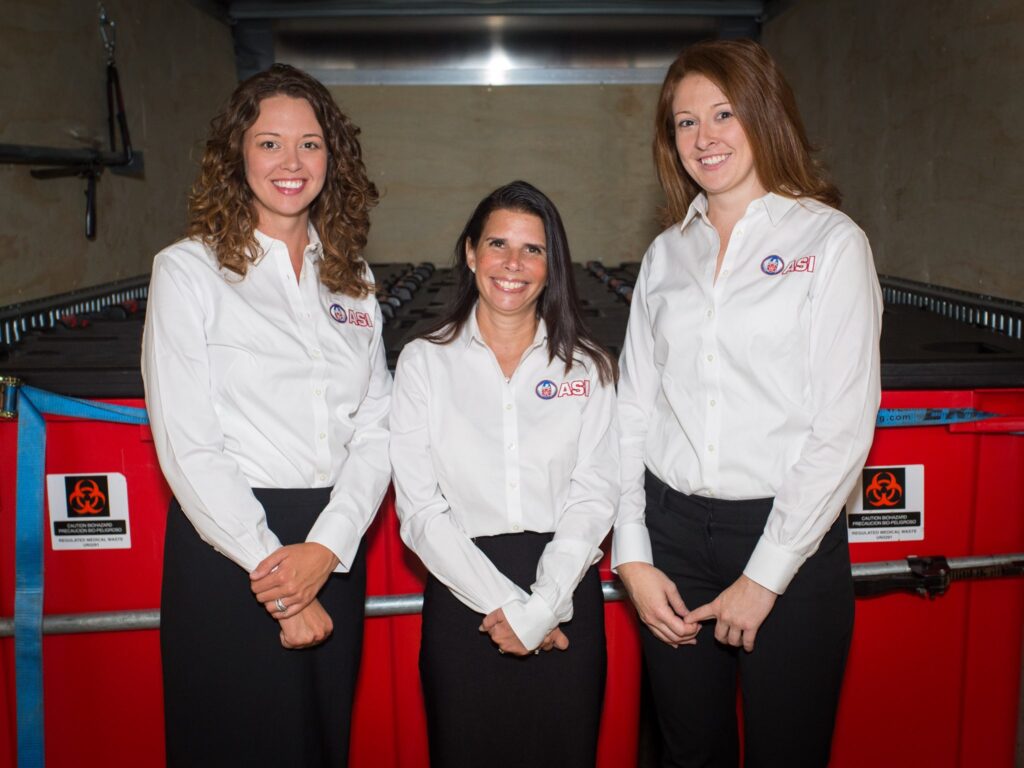Regulatory Updates in Medical Waste Management: What Healthcare Facilities Need to Know in 2025

As we progress through 2025, healthcare facilities must stay abreast of evolving regulations in medical waste management to ensure compliance, protect public health, and minimize environmental impact. This article highlights key federal and Delaware-specific regulatory updates affecting medical waste disposal, compliance, and sustainability.
Federal Regulatory Updates
1. EPA’s Hazardous Waste Generator Improvements Rule
In December 2024, the Environmental Protection Agency (EPA) finalized amendments to the 2016 Hazardous Waste Generator Improvements Rule. These amendments, effective March 21, 2025, aim to clarify and correct existing regulations, enhancing compliance for hazardous waste generators. Healthcare facilities generating hazardous waste must familiarize themselves with these changes to maintain adherence to federal standards.
2. Mandatory Electronic Manifest System (e-Manifest)
By 2025, the EPA requires all hazardous waste generators, transporters, and receiving facilities to adopt the electronic manifest (e-Manifest) system. This digital tracking system replaces traditional paper manifests, aiming to streamline documentation, enhance transparency, and improve regulatory oversight. Healthcare facilities must transition to this system to ensure compliance and facilitate efficient hazardous waste tracking.
3. Monitoring of Toxic Emissions from Waste Incinerators
In January 2025, the EPA announced plans to mandate that municipal waste incinerators monitor and report toxic air emissions. This initiative addresses concerns about hazardous pollutants released during waste incineration, which can adversely affect public health and the environment. While this regulation primarily targets municipal facilities, healthcare institutions utilizing on-site incineration should anticipate potential future requirements and consider proactive measures to monitor and reduce emissions.
Delaware-Specific Regulatory Updates
Amendments to the Regulations Governing Solid Waste
The Delaware Department of Natural Resources and Environmental Control (DNREC) has proposed amendments to the state’s Regulations Governing Solid Waste (7 DE Admin. Code 1301). These changes aim to update outdated language, clarify existing provisions, and enhance environmental protections. Healthcare facilities in Delaware should review these proposed amendments to understand their implications on medical waste management practices.
Best Practices for Compliance
To navigate these regulatory updates effectively, healthcare facilities should consider the following best practices:
- Regular Training: Educate staff on current regulations and proper waste handling procedures to maintain compliance and ensure safety.
- Policy Review and Updates: Continuously assess and update waste management policies to align with evolving federal and state regulations.
- Engage with Regulatory Bodies: Maintain open communication with agencies like the EPA and DNREC to stay informed about upcoming changes and seek guidance as needed.
- Utilize Compliance Resources: Leverage tools and services offered by professional waste management organizations to ensure adherence to best practices and regulatory requirements.
Staying informed and proactive is essential for healthcare facilities to navigate the complex landscape of medical waste management regulations in 2025. By implementing these practices, institutions can uphold their commitment to public health, environmental stewardship, and regulatory compliance.
